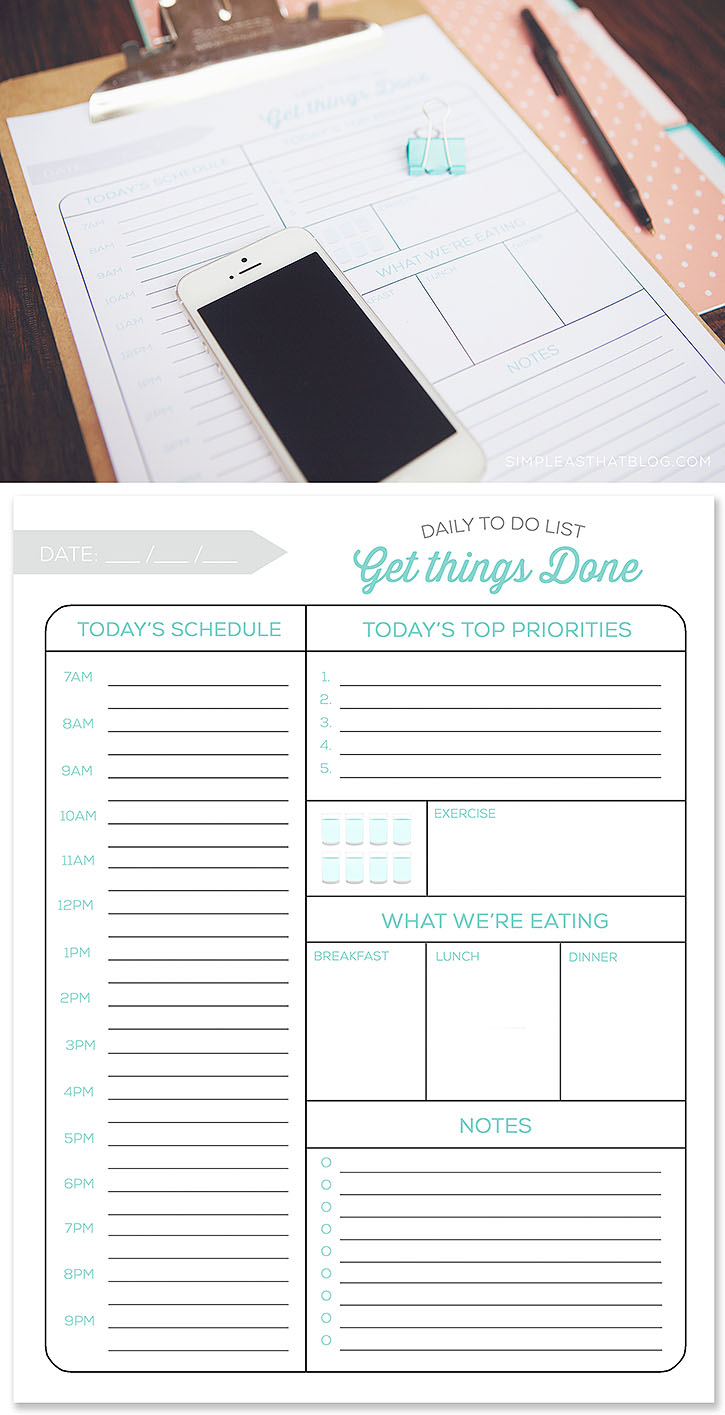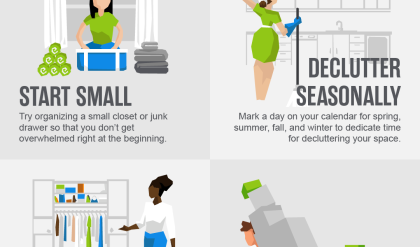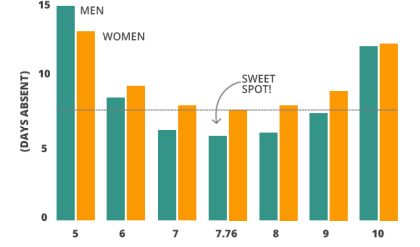
Boost Your Energy: 3 Quick Life Hacks for a Productive Day
Feeling sluggish? Dragging yourself through the day, barely managing to tick off tasks from your to-do list? We’ve all been there. The good news is, you don’t need a complete lifestyle overhaul to inject some serious energy into your day. These three quick life hacks are your secret weapons for conquering productivity and feeling fantastic.
1. The Power of Pre-Game Rituals: Prime Your Pump
Think of athletes meticulously preparing before a big game. They don’t just show up and start playing; they warm up, focus their minds, and get into the zone. Your day deserves the same level of preparation. Instead of stumbling out of bed and reacting to the chaos of the morning, create a pre-game ritual tailored to your energy needs.
This isn’t about adding more to your schedule; it’s about optimizing what you already do. A five-minute ritual can transform your entire day. Experiment with different options to find your perfect blend.
| Ritual Element | Example | Benefit |
|---|---|---|
| Movement | 5 minutes of yoga or stretching | Increased blood flow, improved focus |
| Hydration | Large glass of water with lemon | Boosts metabolism, hydrates the body |
| Mindfulness | Brief meditation or deep breathing | Calms the nervous system, reduces stress |
| Fueling | Small, healthy breakfast (fruit, yogurt) | Provides sustained energy, avoids mid-morning crash |
Forget hitting snooze. Instead, use those precious morning moments to proactively set the tone for success. Choose elements that resonate with you and adjust as needed. The key is consistency.
2. The “Brain Break” Breakthrough: Recharge and Refocus
We live in a world of constant stimulation. Emails ping, notifications buzz, and demands pile up. This relentless barrage can quickly drain your mental energy, leading to burnout and reduced productivity. The solution? Strategic brain breaks.
These aren’t lengthy excursions; they’re short, intentional pauses designed to refresh your mind and refocus your attention. Think of them as mini-reboots for your brain.
| Break Activity | Duration | Benefit |
|---|---|---|
| Step Away from Screen | 5-10 minutes | Reduces eye strain, clears mental clutter |
| Nature Walk | 10-15 minutes | Improves mood, boosts creativity |
| Listen to Music | 5 minutes | Calming or energizing, depending on your choice |
| Simple Stretching | 2-3 minutes | Relieves tension, improves circulation |
The effectiveness of brain breaks lies in their regularity. Aim for short breaks every hour or two, rather than trying to power through until you completely collapse. A few minutes of mindful downtime will yield significantly greater productivity in the long run.
3. The Evening Energy Audit: Setting Yourself Up for Success
Your evening routine plays a crucial role in your morning energy levels. A chaotic, stressful evening sets the stage for a sluggish start the next day. By consciously designing your evening, you can influence your next day’s productivity.
This isn’t about achieving perfection; it’s about making conscious choices that support your well-being. Consider these elements:
| Evening Element | Example | Benefit |
|---|---|---|
| Digital Detox | Limit screen time an hour before bed | Improved sleep quality, reduced mental stimulation |
| Relaxing Activity | Reading, warm bath, gentle stretching | Reduces stress, promotes relaxation |
| Meal Planning | Plan meals for the next day | Reduces decision fatigue, ensures healthy eating |
| Sleep Preparation | Prepare your bedroom for sleep (cool, dark) | Optimizes sleep environment |
By making conscious choices in the evening, you’re effectively pre-programming your body and mind for a more productive and energized tomorrow. It’s about creating a calm and restorative environment that sets the stage for a successful day ahead. Experiment with these strategies, and discover the power of proactive energy management.

Additional Information
Boost Your Energy: A Deeper Dive into 3 Quick Life Hacks for a Productive Day
While the concept of “3 quick life hacks” promises immediate results, true energy optimization requires a nuanced understanding of the underlying physiological and psychological mechanisms. Let’s delve deeper into the often-oversimplified advice typically offered in such articles, examining the science and practical application for lasting impact.
1. Hydration: Beyond the “Drink Water” Mantra
The ubiquitous “drink water” recommendation is valid, but its impact extends beyond mere thirst quenching. Dehydration, even mild, can significantly impair cognitive function, leading to decreased alertness, concentration difficulties, and impaired decision-making. Studies have shown that even a 1-2% dehydration level can negatively impact mood, memory, and physical performance. For example, a study published in the British Journal of Nutrition demonstrated that mild dehydration (1-3% body weight loss) reduced cognitive performance in young adults, specifically affecting reaction time, working memory, and attention.
Analysis & Value Added:
Simply drinking water isn’t enough. The timing and method of hydration are crucial. Instead of passively sipping throughout the day, consider:
- Strategic hydration: Drink a large glass of water upon waking to rehydrate after sleep and before your first caffeine intake (if applicable). Repeat this mid-morning and afternoon to maintain optimal hydration levels.
- Electrolyte balance: If engaging in strenuous activity or sweating profusely, incorporate electrolytes (naturally occurring in fruits and vegetables or through electrolyte drinks) to replace lost salts and minerals, optimizing hydration’s impact on energy levels.
- Water temperature: Cold water may provide a more immediate refreshing effect, while room temperature water is gentler on the digestive system. Experiment to find what suits you best.
2. Mindful Movement: More Than Just a Quick Stretch
Short bursts of movement are often touted as energy boosters, but the benefits are rooted in both physical and mental well-being. Physical activity increases blood flow, delivering oxygen and nutrients to the brain, improving alertness and focus. Furthermore, exercise releases endorphins, which have mood-boosting effects, combating fatigue and improving cognitive function.
Analysis & Value Added:
“Mindful movement” goes beyond simply stretching. Consider these nuances:
- Intensity and duration: A brisk 10-15 minute walk can be far more effective than several short stretches. The intensity should be moderate to elevate heart rate and promote circulation without causing exhaustion.
- Type of movement: Vary your activities. A change of pace can prevent boredom and increase overall engagement. Incorporate activities you enjoy, whether it’s a brisk walk, yoga, or dancing.
- Integration: Schedule movement into your day strategically. A short walk during lunch or a quick exercise session before starting work can significantly impact energy levels and productivity.
3. Sunlight Exposure: Beyond Vitamin D
Sunlight exposure is commonly linked to Vitamin D production, crucial for bone health and immune function. However, its impact on energy extends beyond vitamin synthesis. Light exposure regulates our circadian rhythm, impacting sleep-wake cycles and energy levels throughout the day. Exposure to natural light helps suppress melatonin production, promoting alertness.
Analysis & Value Added:
- Timing and duration: Aim for at least 15-20 minutes of sunlight exposure, ideally in the morning, to synchronize your circadian rhythm and boost energy levels. This does not necessitate direct sun exposure – being near a window suffices.
- Individual differences: Sunlight sensitivity varies, so adjust your exposure accordingly. Use sunscreen to protect against harmful UV rays during peak sun hours.
- Artificial light: In winter or during periods of limited sunlight, consider using light therapy boxes or lamps to supplement natural light exposure and regulate your circadian rhythm.
Conclusion:
While the “3 quick life hacks” concept provides a simple framework, a deeper understanding of the physiological and psychological mechanisms underlying energy production is crucial for developing sustainable strategies. By incorporating the nuanced insights discussed above, individuals can move beyond fleeting energy boosts to achieve consistent and optimal performance throughout the day. The key is to integrate these strategies into a holistic approach to well-being, combining hydration, mindful movement, and sunlight exposure for lasting and significant improvements in energy levels and productivity.






